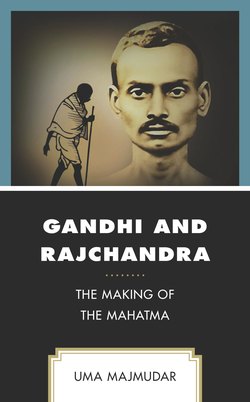Читать книгу Gandhi and Rajchandra - Uma Majmudar - Страница 17
На сайте Литреса книга снята с продажи.
Special Significance of
Gandhi’s London Experience
ОглавлениеMost biographers and critics of Gandhi, from Louis Fischer (1950), and B. R. Nanda (1965) to even Erik Erikson (1969), have dismissed Gandhi’s London experience as “a waste of time” or as “unimpressive,” giving no clue or even a hint of the “Mahatma-to-be.” Notwithstanding their rather presumptuous and unfair judgments, I see this period as a precursor of the future Mahatma. It is in London that the once shy and inhibited young Gandhi learns to shed his narrow provincial identity to explore, experiment, and expand his intellectual, moral, and religious horizons. London for Gandhi was “The time of all first exposures”—to everything unfamiliar—from the British language, foods, culture, and religion to the kind of nonconformists and trailblazing personalities he encountered. As much as each experience challenged him and embarrassed him, it also helped him learn, grow, gain confidence, take charge, and develop new incentives. What could be more meaningful to the future “Mahatma” than to be first acquainted to his own as well as other religions of the world? Even though not yet deep, this first intellectual- religious exposure was crucially important to Gandhi; as he said, “it whetted my appetite” (GATB, 92) for a more in-depth experience of religion. He was more than ready now to taste the real thing—to meet with a genuine spiritual seeker and exemplar of faith upon his return to India.
